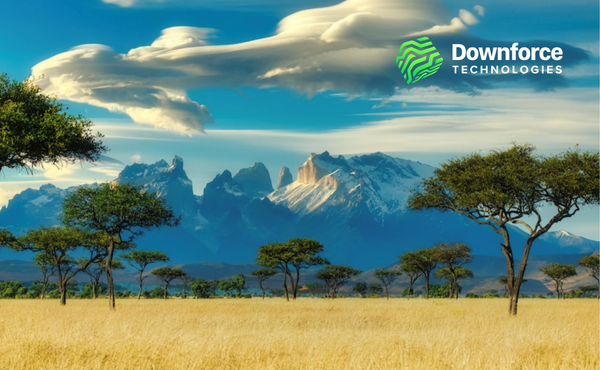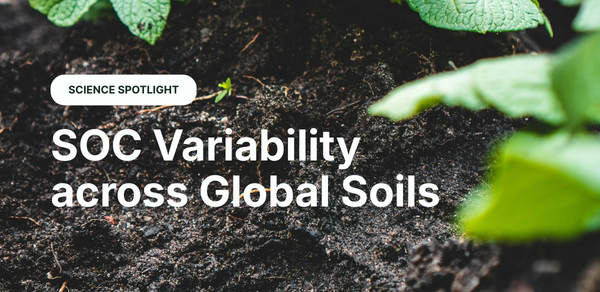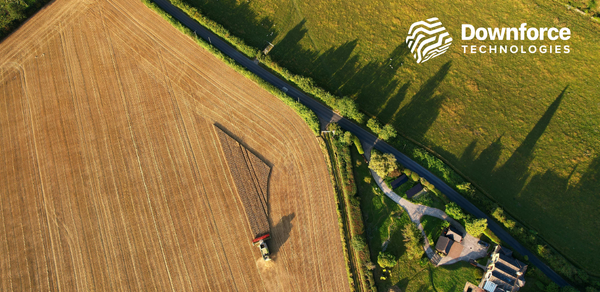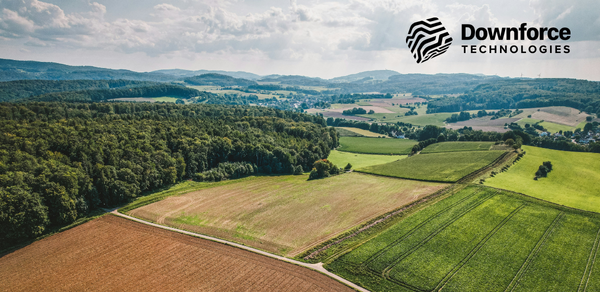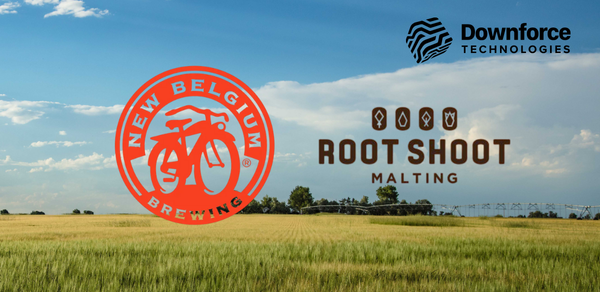Kenya Embraces Digital MRV to Redefine Carbon Market Integrity
Jun-12-2025
Kenya’s bold stake for leadership on the carbon market frontier
Kenya is rapidly transforming into a beacon for carbon market development in Africa, and arguably the world.
At the 2025 Kenya Carbon Markets Conference in Nairobi, the nation’s ambitions were on full display: a robust regulatory framework; a surge of public-private collaboration; and an unmistakable drive to be the gold standard for high-integrity carbon credit generation.
Among the experts taking part was Downforce Technologies founder and Chief Scientific Officer, Professor Jacquie McGlade, and Business Development Lead for Africa, Eve Njau, who joined delegates at the conference to discuss the technological evolution underpinning these markets.
“Kenya has everything in line to be the best enabling environment for carbon markets, perhaps in the world,” Prof McGlade said on the side-lines of the conference.
“There is coherence in policy, a registry, a culture of credible start-ups, and the government standing shoulder-to-shoulder with major players looking at large tracts of land with massive potential for restoration.
“We’ve seen a proliferation of interested parties starting to really ramp up supply and demand.”
The momentum behind Kenya’s surging carbon economy is not accidental. The country has implemented the 2024 Carbon Market Regulations, launched a Designated National Authority (DNA) and signed its first bilateral agreement under Article 6.2 of the Paris Agreement. These are not just bureaucratic milestones, they signal a deeper intention to imbue every carbon credit with integrity and traceability.
Integrity is a pre-requisite to ensure the success of voluntary carbon markets, due to the heightened scrutiny that has been borne of bitter experience with past projects that overpromised and underdelivered. But in this optimistic climate they are widely seen as valuable lessons, not disqualifications and much of the discussion revolved around MRV (monitoring, reporting and verification) and how it was on the cusp of a new era.
“The era of taking soil samples with a shovel and sending them to a lab is fading,” Prof McGlade said.
“We’ve entered the age of digital MRV – or DMRV – where we can track carbon outcomes remotely, accurately and, crucially, at scale.”
Prof McGlade said a key focus for land managers had to be on additionality.
“You can’t just fence off the land and cross your fingers,” she said.
“Carbon must be a co-benefit of sustainable land management, not the sole purpose.”
This digital shift is more than a technological convenience. It’s an essential upgrade for carbon markets needing to digest the sheer amount of opportunity in Africa. Kenya’s landmass offers immense carbon sequestration potential, and a large rural population who could serve as custodians of projects involving soil restoration and regenerative agriculture.
But such potential will be unrealisable without robust systems from project identification through to verification of results – especially for global investors demanding transparency.
This is where Downforce Technologies comes in. The company provides an ISO-certified methodology that uses remote sensing and AI-powered tools to deliver end-to-end tracking of carbon outcomes, from individual paddocks to continental level.
“Our platform can identify where the best opportunities lie for carbon storage,” Prof McGlade said.
“We can pinpoint areas where land is degraded and match them with strategies and community partners to generate measurable carbon outcomes. We can then monitor on-farm management to determine if interventions have been successful in terms of soil carbon, soil health and even biodiversity.”
“And because we have ISO standards as our guiding oversight aligned to the Greenhouse Gas Protocol, we can provide data to the supply chain that underpins formal reporting, financial disclosures, verification and certification.”
As carbon markets enter a new phase of international scrutiny, Kenya’s clarity of purpose and its embrace of innovation puts it in rare company.
Professor McGlade believes the model will become a blueprint for other nations.
“Digital MRV will be the lingua franca of carbon markets and Kenya is speaking it fluently.”
If the rest of the world is serious about scaling carbon markets that actually deliver climate and community outcomes, it would do well to look at Kenya, which is not just talking about the future - it’s building it.
Back To News
